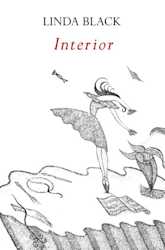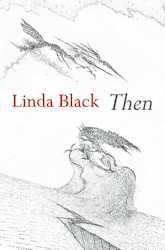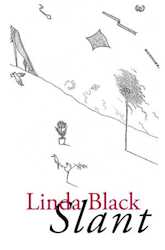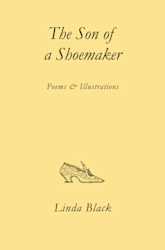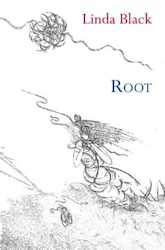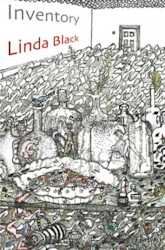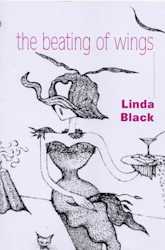Interior
Shearsman Books, 2024
“Indelible and deeply resonant, Linda Black’s Interior demonstrates a poet at the peak of their powers. This collection constitutes a wondrous neo-Cartesian studio evoking an ars poetica that emphasizes language as both trace and palimpsest. Here, Black explores the intersections of writing, desire and creativity in marvellously fragmented and Frankensteinian ways. In haunting poems, the poet-artist is resurrected as defamiliarizing and uncanny: ‘I rest / my hand outside / myself & draw’. Interior gives priority to improvisation and bricolage, and a questioning semiotics, as it lightly and powerfully sketches the body’s relationship to the world. Black employs compelling dualisms to engage with both the breakdown and articulacy of an utterly contemporary language fully attuned to the ineffable: ‘In my heart my two loves merge. This is all I can tell you.’ ” ─Cassandra Atherton
